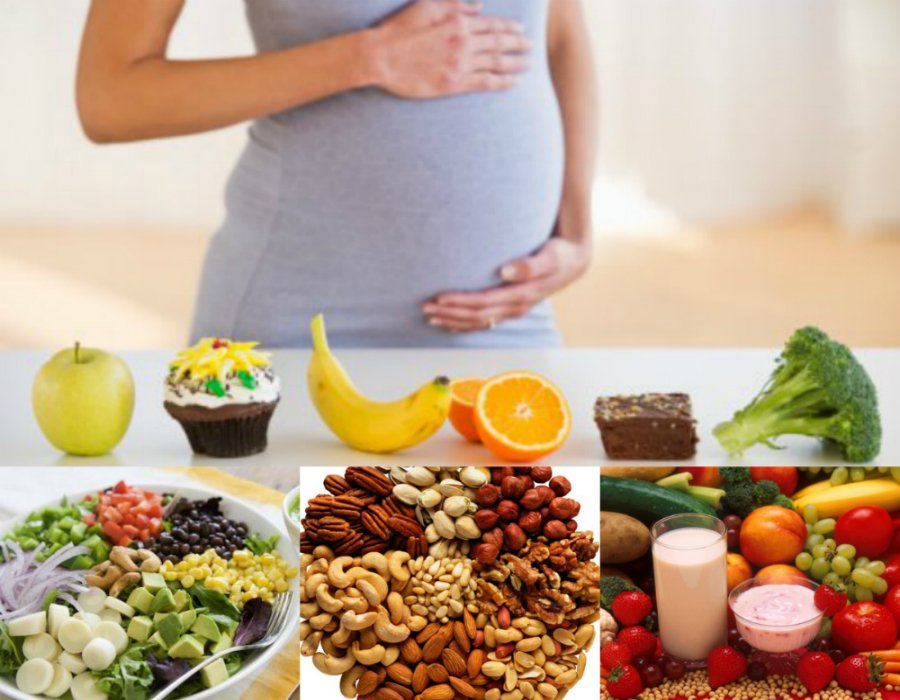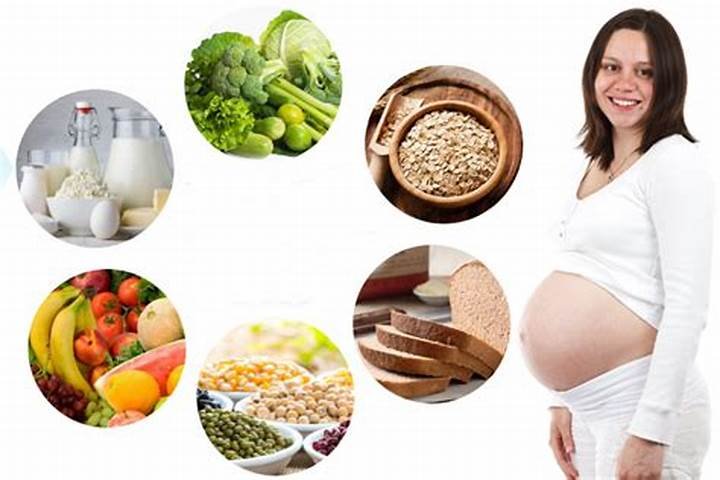|
Getting your Trinity Audio player ready...
|
Pregnancy is a remarkable journey marked by profound physiological changes, emphasizing the crucial role of nutrition for both the expectant mother and the developing fetus. In this comprehensive guide, we delve into the intricacies of nutrition during pregnancy, shedding light on key considerations for maternal and fetal well-being.
Understanding the Basics of Pregnancy Nutrition
Nutrition forms the bedrock of a healthy pregnancy. It’s not just about eating for two; it’s about nourishing the body with essential nutrients. Adequate intake of macronutrients (proteins, fats, and carbohydrates) and micronutrients (vitamins and minerals) is vital for the proper development of the baby and the well-being of the mother.
The Role of Folic Acid and Iron in Early Pregnancy
Early pregnancy is a critical phase for fetal development, and ensuring the right nutrients is paramount. Folic acid, known for preventing neural tube defects, and iron, essential for preventing anemia, play pivotal roles. Incorporating foods rich in these elements or supplements as recommended by healthcare providers is crucial.
Balancing Protein Intake for Optimal Growth
Proteins are the building blocks of life, and during pregnancy, they play a vital role in the growth of the placenta, amniotic fluid, and fetal tissues. Balancing protein intake from both animal and plant sources helps in achieving optimal growth and development for the baby.
Omega-3 Fatty Acids for Brain Development
Omega-3 fatty acids, particularly DHA, contribute significantly to the development of the baby’s brain and eyes. Including sources like fatty fish, chia seeds, and walnuts in the diet ensures a healthy supply of these essential fatty acids, promoting cognitive development in the fetus.
The Importance of Calcium and Vitamin D for Bone Health
Calcium is a cornerstone for bone formation, and vitamin D aids in its absorption. During pregnancy, the demand for these nutrients increases to support the development of the baby’s skeletal system. Dairy products, leafy greens, and exposure to sunlight are key sources for meeting these requirements.
Managing Weight and Nutrition Throughout Pregnancy
Maintaining a healthy weight during pregnancy is crucial for both maternal and fetal health. A balanced diet, coupled with regular, moderate exercise, helps manage weight and reduces the risk of complications such as gestational diabetes and hypertension.

Handling Common Nutritional Challenges in Pregnancy
Nausea, food aversions, and cravings are common during pregnancy and can pose challenges to maintaining a balanced diet. Understanding and adapting to these changes, opting for smaller, frequent meals, and incorporating a variety of foods can help navigate these challenges.
The Role of Hydration in Pregnancy
Staying adequately hydrated is often overlooked but is equally important during pregnancy. Water is essential for the amniotic fluid, aids digestion, and helps prevent constipation – a common issue during this time. Pregnant women should aim for an increased but sensible daily water intake.
Monitoring and Seeking Professional Guidance
Every pregnancy is unique, and nutritional needs can vary. Regular monitoring of nutritional status through prenatal check-ups and seeking guidance from healthcare professionals ensure that dietary requirements align with the changing needs of pregnancy.
Creating a Well-Balanced Meal Plan for Pregnancy
Crafting a well-balanced meal plan involves combining a variety of nutrient-dense foods. A mix of fruits, vegetables, lean proteins, whole grains, and dairy products provides a spectrum of essential nutrients. Meal planning and preparation can contribute to a healthier and more enjoyable pregnancy journey.
In conclusion, the significance of nutrition during pregnancy cannot be overstated. A thoughtful and well-rounded approach to diet not only supports the health of the expectant mother but also lays the foundation for optimal fetal growth and development. By understanding and incorporating these nutritional insights, mothers-to-be can embark on a journey towards a healthier and more nourished pregnancy.



